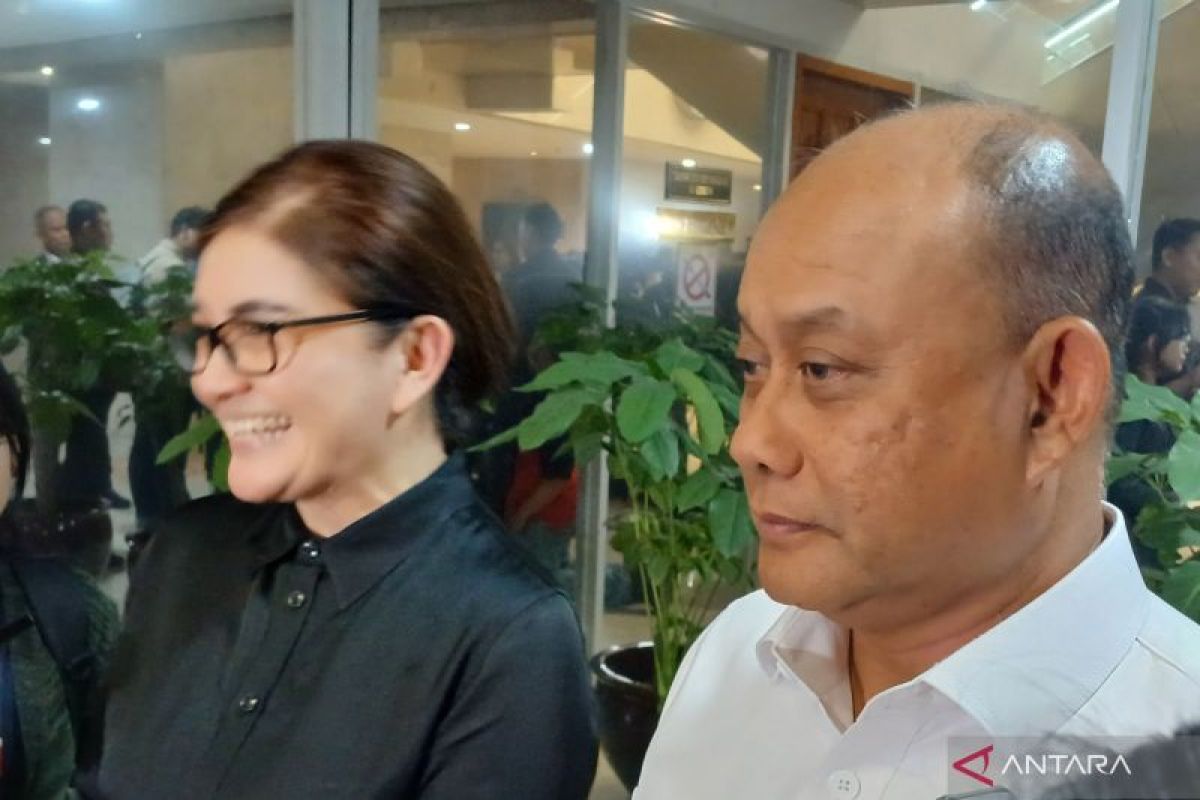Headline: Transforming Food Waste into Fertilizer: A Circular Economy Initiative in Indonesia
Free Nutritious Food Waste Program Introduces Sustainable Solutions
In a groundbreaking initiative aimed at reducing food waste pollution and fostering a sustainable circular economy, Dadan Hindayana, Head of the National Nutrition Agency (BGN), announced that free nutritious food waste will be repurposed as fertilizer. During a recent visit to the parliament complex on October 31, Hindayana emphasized the importance of integrating waste management into the broader ecosystem, stating, "We have included it in the ecosystem. The cooking waste has been designated to fertilizer. This is part of the ecosystem that will return to the soil."
The Circular Economy Model
As part of a strategic effort to combat food waste, the BGN will utilize the surplus from the free nutritious food program to enrich agricultural practices. This initiative not only supports the environment but also enhances local farming through improved soil nutrients. “We will use the food waste as fertilizer in agriculture to encourage a circular economy,” Hindayana remarked, underscoring the dual benefits of waste reduction and soil enhancement.
Sustainable Practices in Food Distribution
A pivotal aspect of this program involves the distribution of free nutritious meals in reusable packaging. Hindayana stressed that the use of sustainable materials aims to minimize environmental impact, saying, “It is not a single-use packaging." This innovative approach reflects a broader commitment to sustainability and waste reduction, aligning with modern environmental standards.
Collaborating for Success
To ensure the smooth implementation of the free nutritious meals initiative, the BGN has established service units in collaboration with local governments and partners. “Some of the preparation is funded by the state budget, while some others are carried out through partnerships, either by other ministries and institutions or third parties,” Hindayana explained. This collaborative effort not only extends the program’s reach but also creates job opportunities as each service unit is set to employ three BGN employees along with 30 to 47 local workers.
Nutritional Standards Tailored to Local Palates
In a bid to meet the diverse dietary needs of different regions, the program will feature dedicated nutritionists to oversee meal preparation. These professionals will monitor nutritional proportions while also ensuring that the menus are appealing to regional tastes. "We hope the food is really useful, not wasted or thrown away,” Hindayana noted, highlighting the importance of satisfaction in reducing food waste. This tailored approach, which combines nutritional guidance with local culinary preferences, aims to create a more effective and engaging meal program.
The Broader Implications
The BGN’s initiative reflects a significant shift in how food waste is perceived and managed in Indonesia. By transforming waste into a valuable resource, the program not only addresses environmental concerns but also contributes to the agricultural sector. It demonstrates innovative practices that can inspire similar efforts across the globe, further intertwining food security with sustainability.
Furthermore, as Indonesia prepares for a demographic bonus, the implementation of such effective nutrition programs is critical. According to related reports, the free meals initiative is intended to bolster the initiative’s goals and prepare the country for future growth opportunities.
The establishment of 85 service units specifically for this program speaks volumes about the Indonesian government’s commitment to enhancing public health through nutrition, job creation, and sustainable practices.
Engaging with Readers
This bold approach by the BGN paves the way for a healthier future in both an ecological and nutritional context. For readers interested in more details about nutrition and sustainability, further articles can be found here on Shorty-News.
How do you see programs like this impacting your community? Do you think similar initiatives could be beneficial elsewhere? Share your thoughts below!


